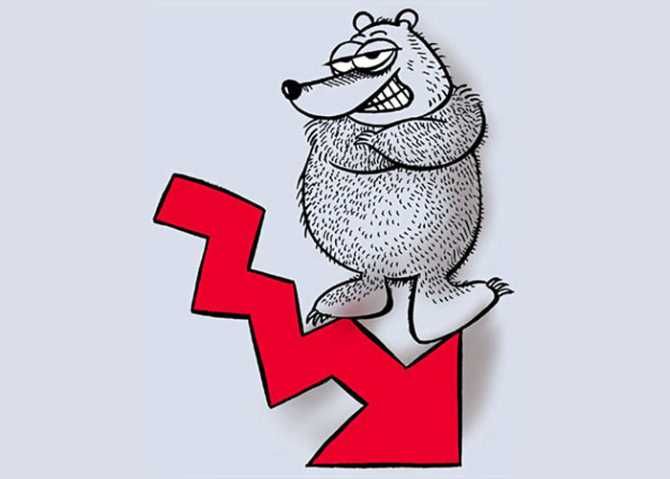Operator syndicate could be behind stock hammering, suspects regulator.
Shrimi Choudhary reports.

The Securities and Exchange Board of India has asked the stock exchanges to look into the steep fall in shares of several companies over the past month.
According to sources, the regulator suspects large stock market operators could be behind the hammering, perhaps in connivance with company promoters.
It was observed that many stocks in the mid-cap space were essentially moving up without substantial change in the company's fundamentals prior to a sell-off.
The recent selling in the market was triggered by the default of IL&FS, an infrastructure lender.
Shares of several non-banking finance companies had crashed last month on worry that liquidity conditions could tighten due to contagion risk from the IL&FS default.
Some companies such as Infibeam Avenues also saw sharp sell-offs without an immediate news trigger.
The Nifty Midcap 100 and Smallcap 100 indices have dropped 15 per cent and 20 per cent in a month, with a little over 40 stocks losing about a third of their market capitalisation.
"Sebi has been very watchful in recent times, evolving new regulations for investor protection and curbing of malpractices. This is another instance of Sebi coming down hard on manipulators," said Prithvi Haldea, founder, Prime Database.
Some say the regulator needs to fix governance lapses at companies to achieve desired results.
"Price controls (on share price movement) are a relic of the past. If Sebi wants a more efficient market, it should ensure better corporate governance and find and prosecute real wrongdoers. And spend less time on cases of technical lapses, which should be left to exchanges to administer," said Rajesh Baheti, president of the brokers lobby, ANMI.
"Circuit filters only provide an illusion of relief, and prevent investors from entry and exit, which should be the prime offering of the market," Baheti added.
"Several exercises have been conducted post sharp falls in the past couple of decades, without any significant outcome. Sebi will have to understand that these issues need a pro-active surveillance mechanism which ensures real-time reporting than post facto examination," said Deepak Sanchety, a former head of surveillance at Sebi.
Sources say Sebi is engaging surveillance teams of stock exchanges for information about price movement in the small-cap and mid-cap segments.
Sources say the exchanges have provided a list of 'suspicious investors' who transacted in these stocks, with financial details.












 © 2025
© 2025